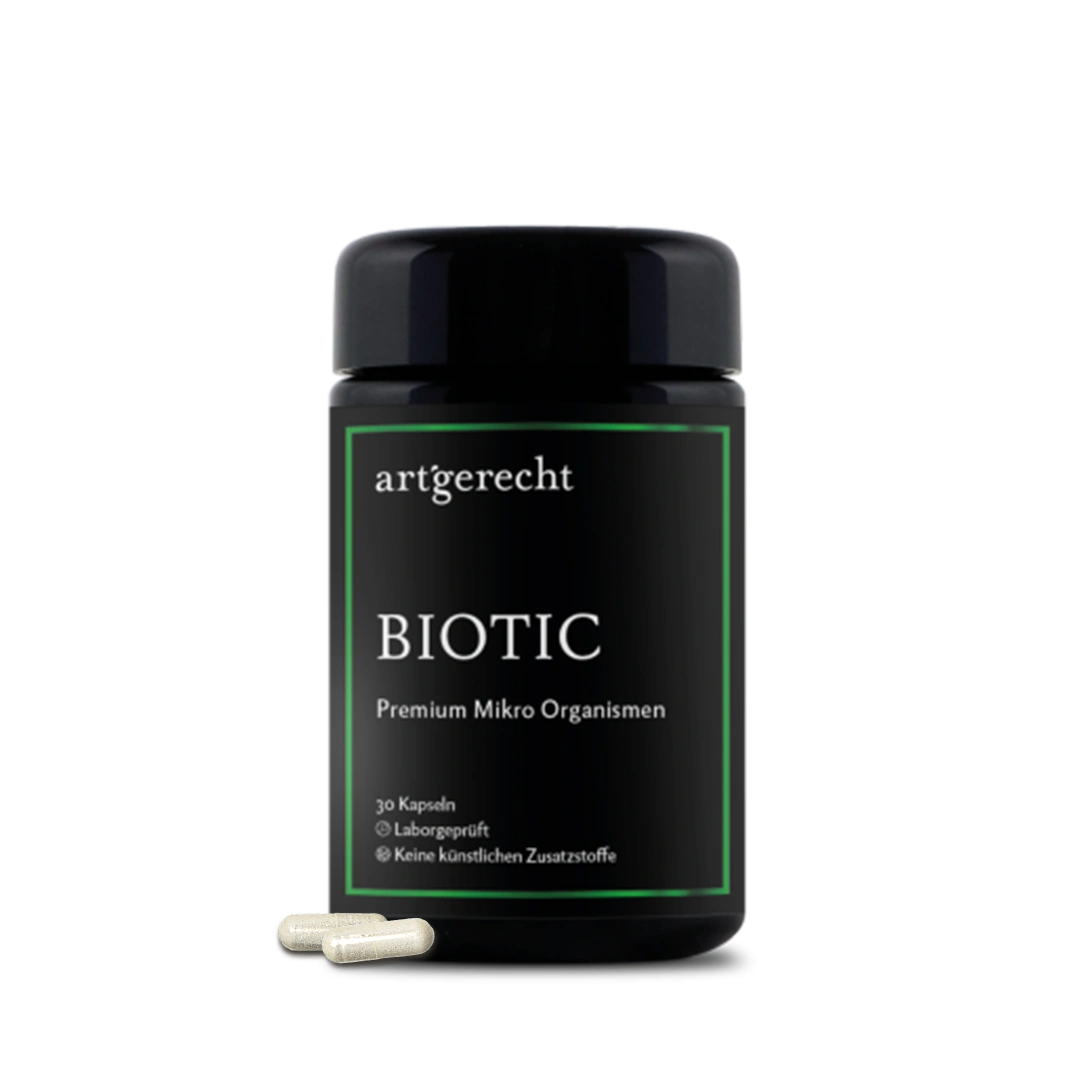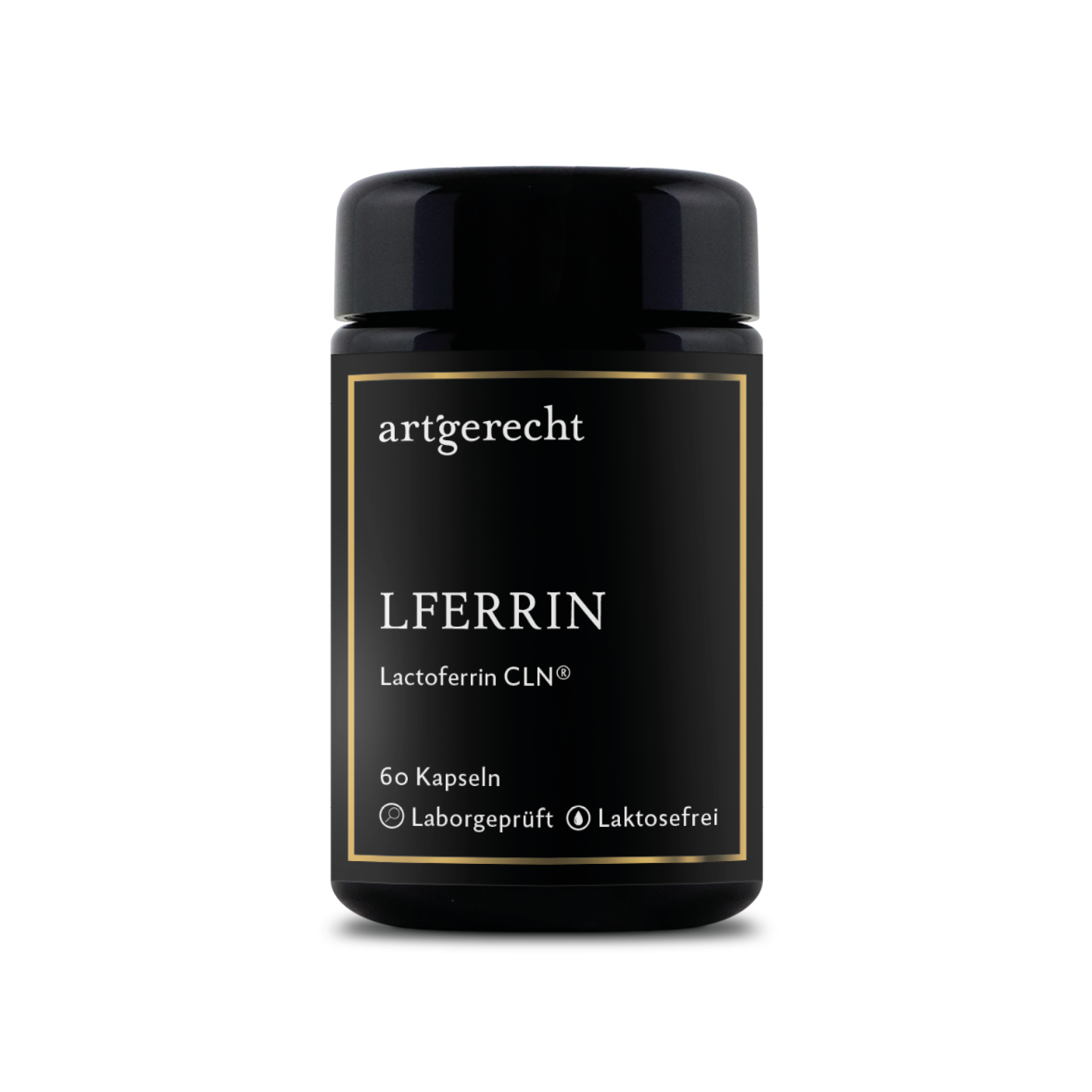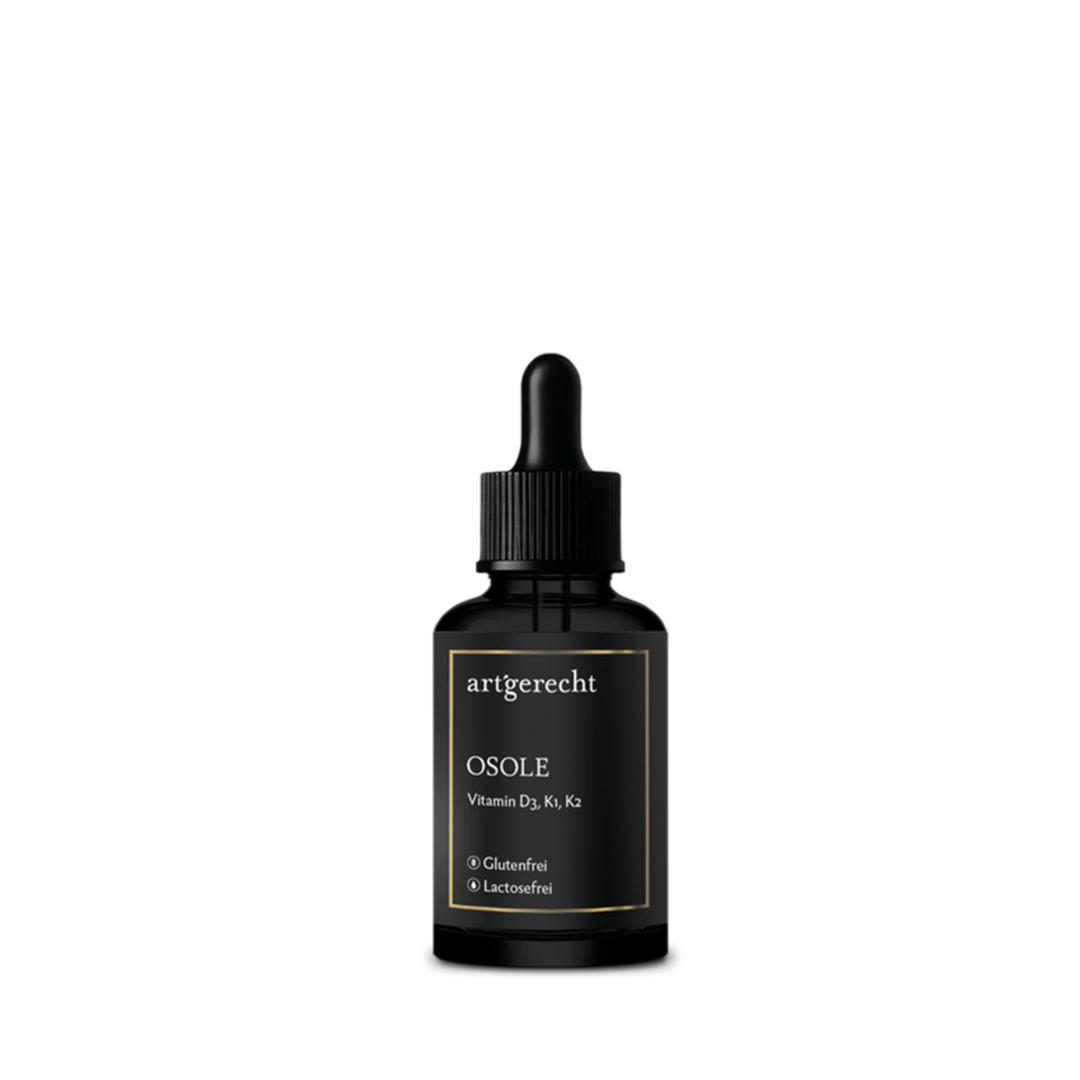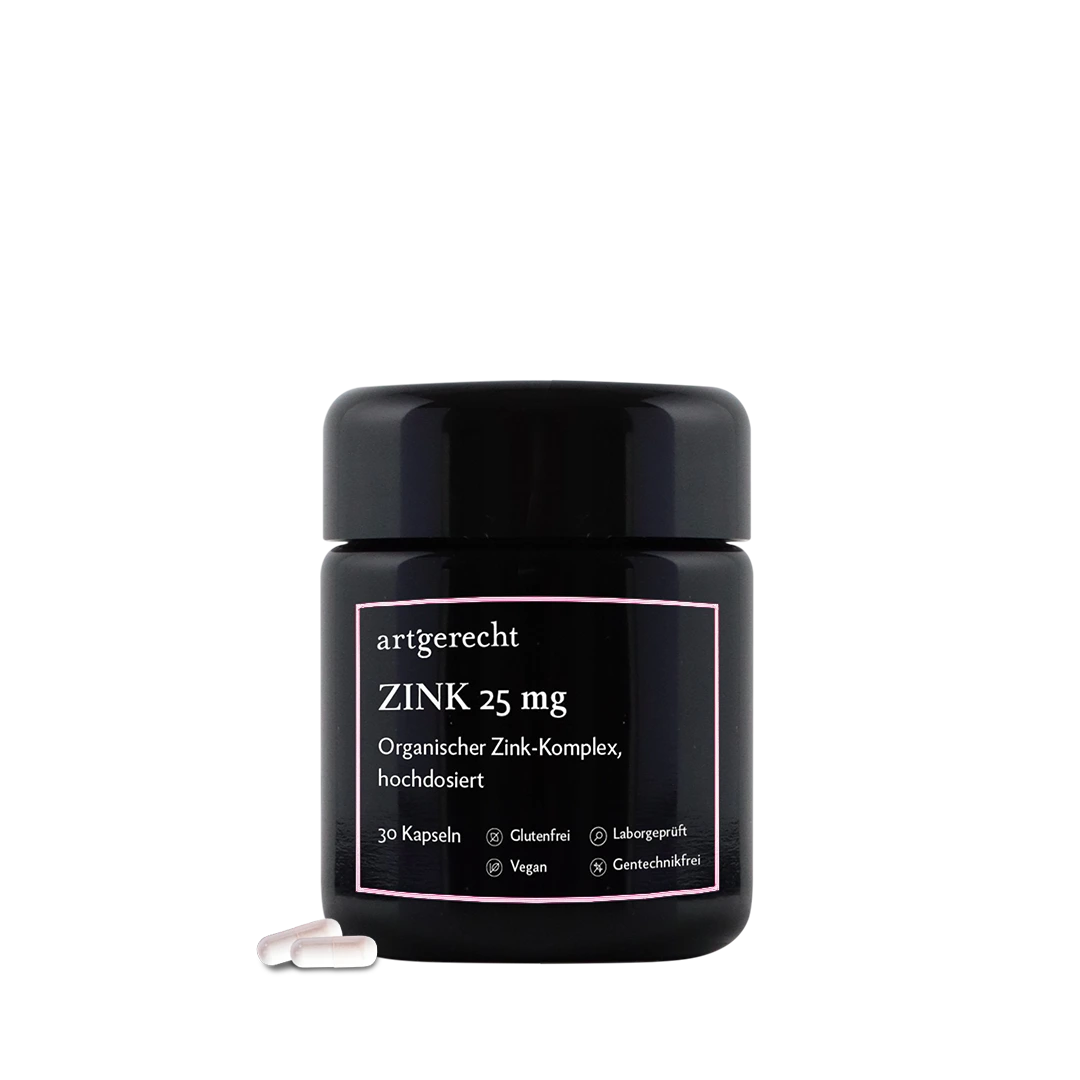

Dysbiosis - causes, symptoms & measures
Dysbiosis refers to an imbalance in the intestinal flora in which the natural ratio between healthy and potentially harmful intestinal bacteria is shifted.
Interested in regular tips & information about health? Interested in regular tips & information about health?Wissenswertes über "Dysbiosis"
Dysbiosis refers to an imbalance in the intestinal flora in which the natural ratio between healthy and potentially harmful intestinal bacteria is shifted.
As the gut is not only responsible for digestion, but also plays a central role in the immune system, metabolism and even mental health, this imbalance can have numerous health consequences.
The causes of dysbiosis are varied and can be promoted by an unbalanced diet with too much sugar and processed foods, antibiotics, chronic stress, environmental toxins or insufficient fibre intake, among other things. Impaired intestinal flora can manifest itself in symptoms such as flatulence, diarrhoea, constipation, inflammation, nutrient deficiencies or even skin problems and a weakened immune system. There is also evidence that dysbiosis could be involved in the development of irritable bowel syndrome, autoimmune diseases and even neurodegenerative diseases.
To restore a healthy intestinal flora, various measures can be taken. Probiotics, i.e. live bacterial cultures such as lactobacilli or bifidobacteria, support the growth of beneficial intestinal bacteria and help to stabilise the microbial balance. Prebiotics, i.e. indigestible dietary fibres such as inulin or oligofructose, serve as food for these beneficial bacteria and promote their multiplication. Certain vitamins and minerals, in particular vitamin D, zinc and omega-3 fatty acids, also contribute to intestinal health by regulating inflammation and strengthening the barrier function of the intestinal mucosa.
Another promising nutrient associated with gut health is lactoferrin. This iron-binding protein, which occurs naturally in breast milk and in certain immune cells, has antimicrobial, anti-inflammatory and immunomodulatory properties. Studies suggest that lactoferrin can help to inhibit the growth of harmful bacteria in the gut while promoting the colonisation of healthy microorganisms. In addition, lactoferrin can help to regulate iron metabolism, which is particularly important in the case of dysbiotic-related disorders of nutrient absorption.
As the gut is closely linked to many other bodily functions, healthy gut flora not only has a positive effect on digestion, but also on the immune system, skin and even mental well-being.
Verwandte Produkte
Für Dein Immunsystem, Knochen und Zähne
OSOLE wird mithilfe der Vollspektrum-Extraktion aus rein biologischen Rohstoffquellen schonend gewonnen.For the support of your healthy gut flora
Specifically cultivated symbiotic microorganisms, tailored to the human gutFor your universal protection
As one of the most valuable proteins in the body, lactoferrin is a natural component of the immune system.For Your Immune System, Bones, and Teeth
OSOLE is gently extracted using full-spectrum extraction from purely organic raw material sources.Essential trace element for your health & well-being
High-purity organic zinc compounds for the immune system, skin & hairDie neusten Einträge
3 Posts in this encyclopedia categoryNeurotransmitters
Die meistgelesenen Einträge
3 Posts in this encyclopedia categoryLactoferrin CLN®
Cologne list
Lactoferrin
Verwandte Suchbegriffe: Dysbiosis + intestinal dysbiosis + dysbiosis symptoms + intestinal flora imbalance





